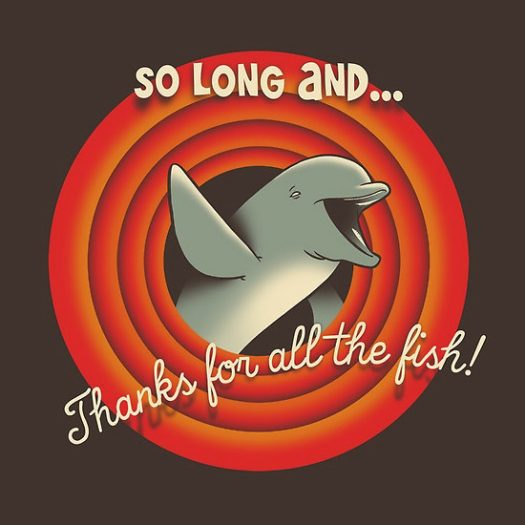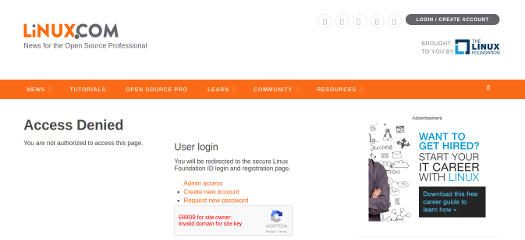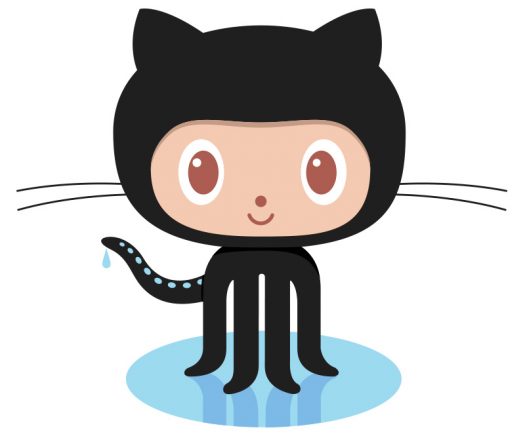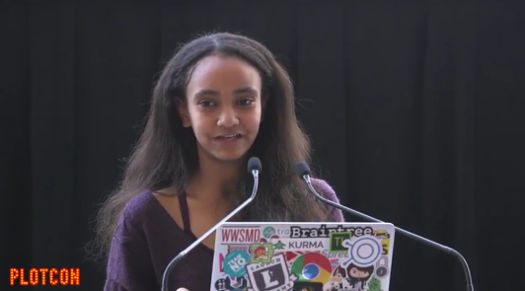Asian Penguins is another illustration of giving the gift of Linux to help cross the digital divide.
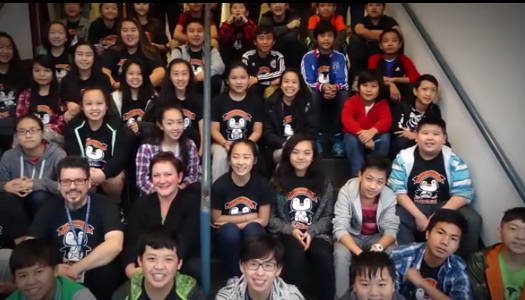
The Screening Room
Stuart Keroff, a visionary middle school teacher in St. Paul, Minnesota, recently received a distinguished humanitarian award for his work in founding Asian Penguins computer club at the Community School of Excellence. This club refurbishes computers with Linux to be used both at the school itself and to deliver to the homes of students who don’t own a computer at home. View the video made by the Minnesota State University – Mankato Campus – to learn more about this award.
For the past 10 years, Phil has been working at a public library in the Washington D.C.-area, helping youth and adults use the 28 public Linux stations the library offers seven days a week. He also writes for MAKE magazine, Opensource.com and TechSoup Libraries. Suggest videos by contacting Phil on Twitter or at pshapiro@his.com.


